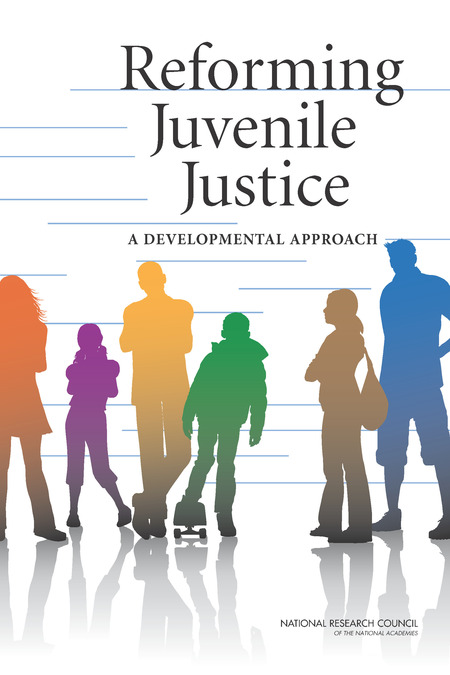Here are thoughts from one with similar ideas from the UK.
Please note, it does not matter what nation one may be in since the tactics are often similar.
Read On,
Granpa Chuck>>>
Children are taken into care because parents don’t know their legal rights, says Merseyside lawyer

Andrew Perrigo said that parents are being made to feel like they have "no choice" but to give consent for their children to be taken away
Children are taken into care because their parents don’t know enough about their legal rights, a leading Merseyside care lawyer has warned.
Andrew Perrigo, a partner at Morecrofts Solicitors in Birkenhead, said that parents are being made to feel like they have “no choice” but to give consent for their children to be taken away.
He said this is because social workers are misusing Section 20 of the Children Act 1989, which outlines their duty to provide a child with somewhere to live because the child does not currently have a home, or a safe home.
Mr Perrigo warned that families are being split up unnecessarily as a result.
He said: “Part of the problem is that parents just aren’t aware of their rights. They are often asked to sign Section 20 agreements but what is often poorly communicated by the social workers is that this agreement requires their consent.
“Parents do not have to agree – yet they are made to feel they have no choice.”
Mr Perrigo urged any parent or carer to call his firm’s free hotline for legal advice before signing anything or giving consent.
Last week Sir James Munby, president of the Family Division, said local authorities have been condemned for misusing the act and spoke of a case where a mother and daughter were awarded record damages.
Mr Perrigo said: “Sir James Munby has made it clear that social workers and local authorities need to better understand the law and operate within its parameters, but while that goes some way to solve this problem, we also need more educated parents who know their rights.
“Perhaps if we have more parents questioning the use of a Section 20 and seeking legal advice as soon as the idea is tabled, then its misuse would decrease and parties would have to consider other options.
“As it stands Section 20 consents can be used to bypass the local authorities’ need to go before the court for a care order.
“The fear is that it’s being used as a back-door route to place children in care and a lengthy prelude to care proceedings.
“Used wrongly and it splits families up, sometimes needlessly and for excessively long periods and denies courts full control over proceedings.
“This will inevitably result in delays and compensation claims potentially in the millions.”
To seek legal advice, call Morecrofts Solicitors’ free hotline on 0151 668 0296.
~~~~~~~~~

















